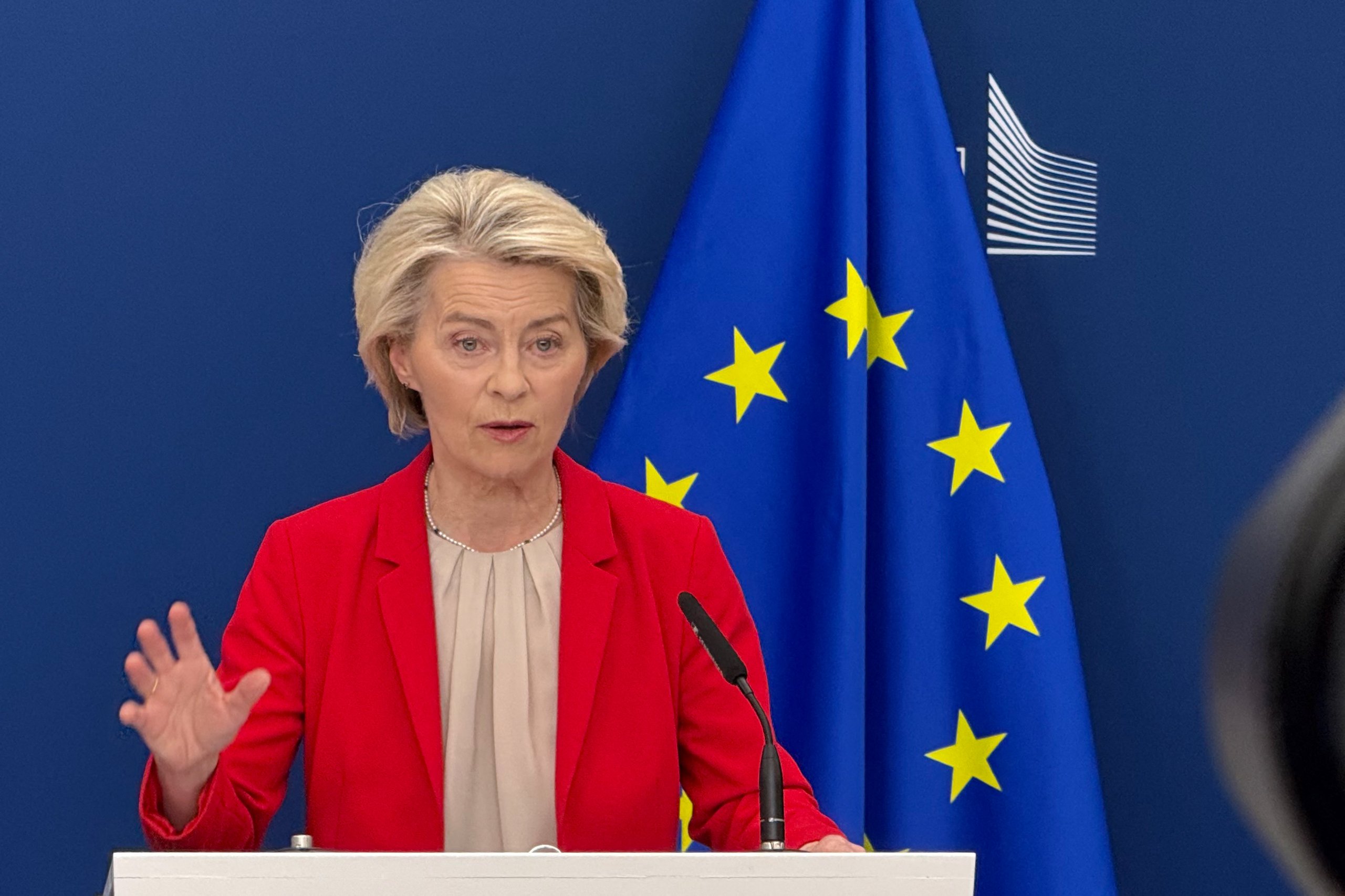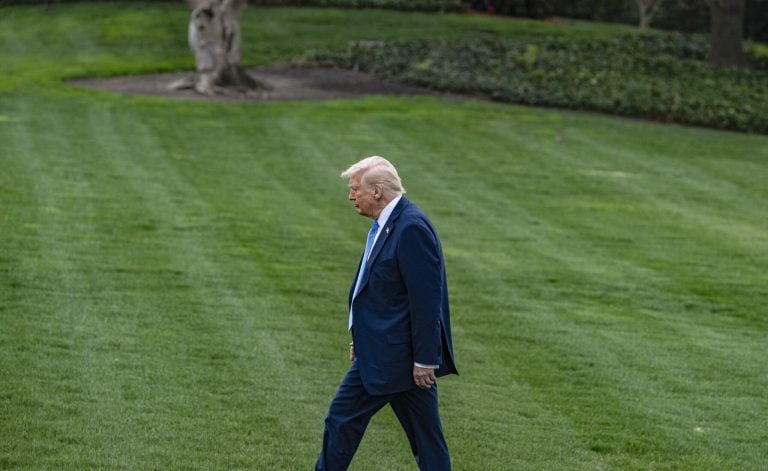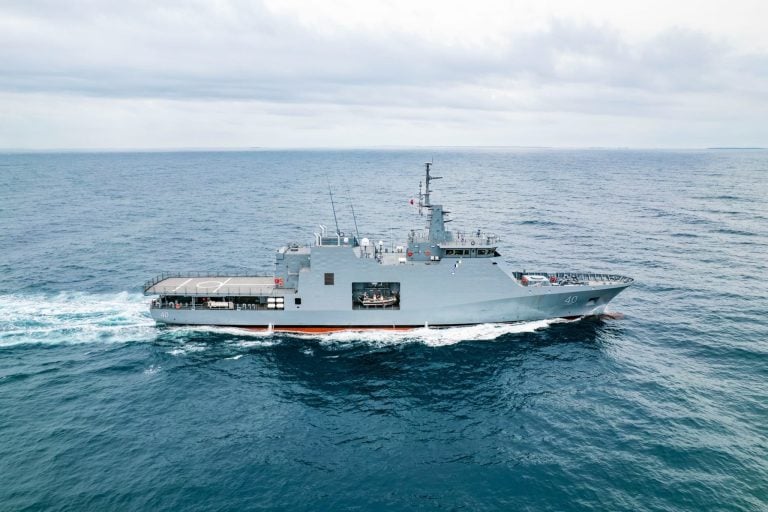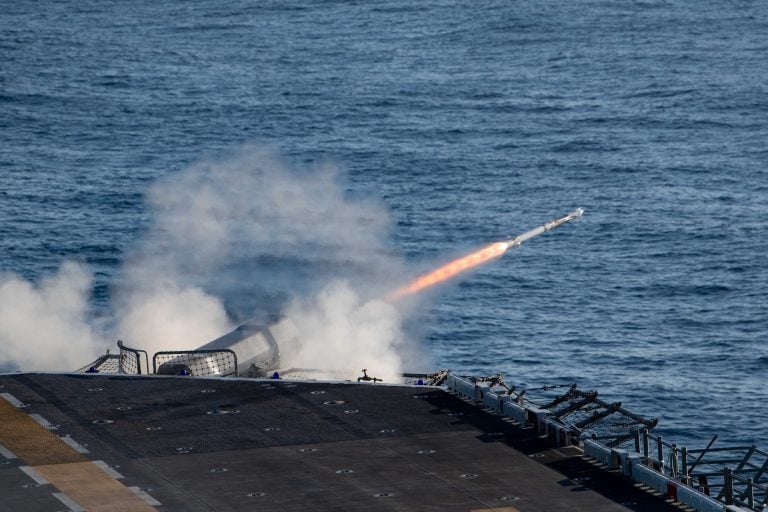European Union member states are set to engage in critical discussions regarding a proposed 140 billion euro ($163 billion) loan for Ukraine, which would be funded through frozen assets from the Russian central bank. As the conflict resulting from Moscow’s invasion persists into its fourth year, the 27-nation bloc is racing to secure financial resources for Kyiv, especially in light of diminishing support from the United States.
The focus on these frozen assets, which amount to approximately 200 billion euros ($233 billion) and have been immobilized in the EU since 2022, has intensified. EU chief Ursula von der Leyen recently proposed utilizing these funds for what she termed a “reparations loan”—a financial lifeline that Ukraine would only be required to repay once Russia compensates for the damage caused by its military actions.
Thursday’s proceedings saw significant backing from German Chancellor Friedrich Merz, an influential figure within the European Union, marking a shift in attitude towards tapping into these Russian assets, a subject he had approached with caution previously.
Currently, the majority of frozen Russian central bank assets are managed by Euroclear, an international deposit organization based in Belgium. However, Belgium, supported by several other EU nations, has firmly opposed outright seizure of these assets to allocate them directly to Ukraine. In an effort to navigate these objections, the European Commission has proposed a complex plan intended to release approximately 140 billion euros ($163 billion) without infringing on sovereign Russian assets.
At a meeting in Brussels on Friday, EU ambassadors are set to debate this proposed framework. The strategy involves the EU borrowing funds from Euroclear that have matured into cash, which would then be loaned to Ukraine. The arrangement includes a provision that any reparations paid by Russia post-war would be redirected to reimburse the EU.
This loan scheme would be “fully guaranteed” by the member states of the EU, who would bear the responsibility of repaying Euroclear should it later be decided that the assets could be reclaimed by Russia without reparations being paid.
The discussions surrounding this proposal are anticipated to be a focal point during the upcoming EU leaders’ summit in Copenhagen next week. Thus far, the EU and its G7 allies have primarily utilized the interest accrued from frozen assets to facilitate a previous $50 billion loan, a program that will continue under the new proposal until its conclusion.
The urgency behind unlocking these additional funds for Ukraine is exacerbated by recent reductions in support from US President Donald Trump, who has conveyed that it is increasingly up to European nations to uphold financial assistance to Kyiv. EU officials have indicated that Ukraine faces a significant budget shortfall next year as the ongoing war burdens its economy, preparing for a scenario where European funding becomes vital.







